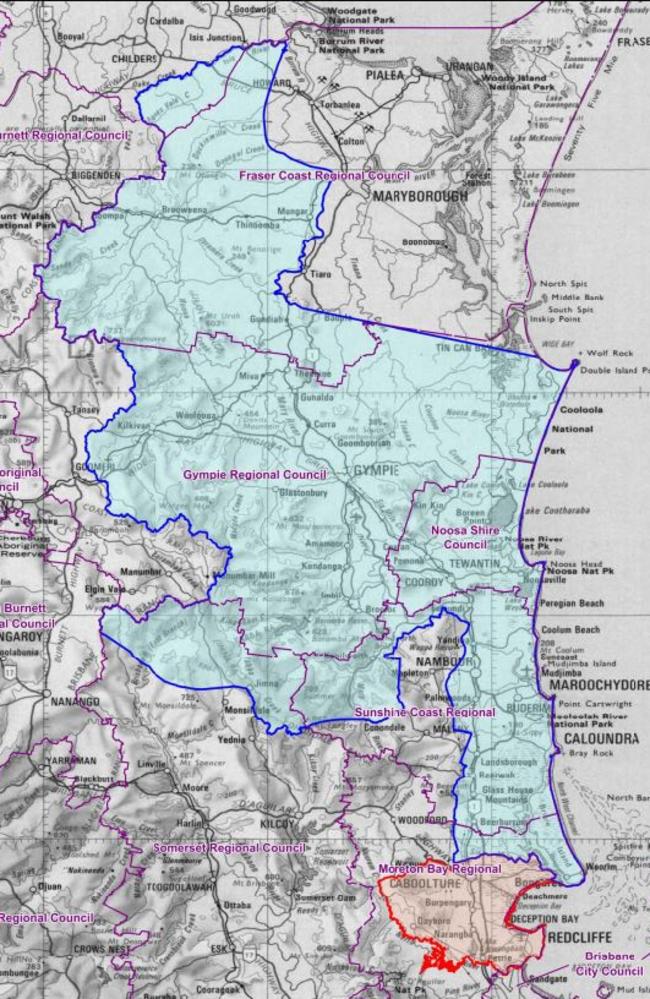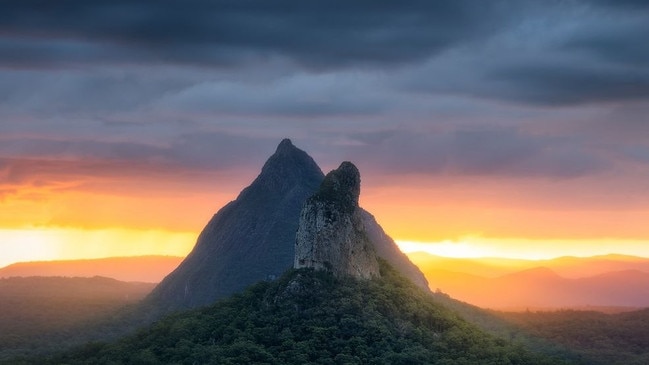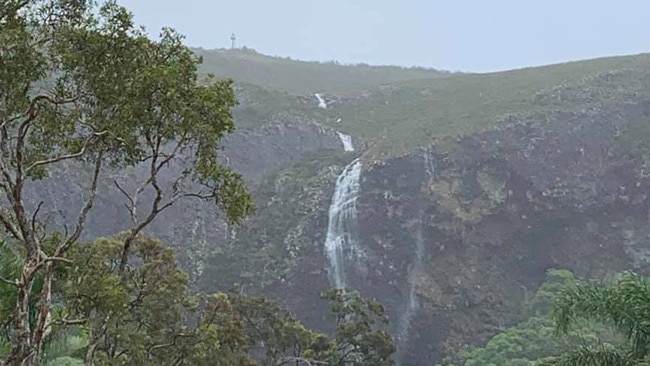Kabi Kabi group’s native title claim over Moreton Bay, Sunshine Coast and Fraser Coast region’s ‘no threat’, says expert
A massive native title claim that includes some of South East Queensland’s most beloved sites is “no threat to anyone”, according to a leading expert.
QLD News
Don't miss out on the headlines from QLD News. Followed categories will be added to My News.
The head of one of the state’s biggest native title bodies says a looming landmark court decision over a vast tract of land stretching from Moreton Bay to the Fraser Coast is “no threat” to Queenslanders.
The Federal Court is expected on Monday to award native title rights to the Kabi Kabi people over a 365,345-hectare parcel of land stretching through eight local government areas taking in some of South East Queensland’s most beloved sites, including the Glasshouse Mountains, Noosa, Mount Coolum and Bribie Island.
It is more than 30 years since the historic Eddie Mabo court decision recognising the rights of Indigenous people to their traditional lands, but native title law remains a subject of confusion – and a lightning rod for racially-charged debates.

However, on the eve of the Federal Court sitting, to be presided over by Justice Berna Collier, Queensland South Native Title Services CEO Tim Wishart said “Native title is no threat to anyone”.
“It doesn’t mean Aboriginal and Torres Strait Islanders can come into Mum and Dad’s suburban backyard and set up camp,” he said.
“Native title is not a threat to them.
“We’ve already seen native title decisions for the Glasshouse Mountains, K’gari (Fraser Island) and Minjerribah (North Stradbroke Island) and life hasn’t changed in those places.”

The QSNTS, which has represented the Kabi Kabi nation in the long-running claim, rejected any suggestion that the likely ruling could see the public barred from any land within the region, or charged to access any areas such as national parks.
Similarly, no private land owners would be impacted by any decision and the Kabi Kabi would not be able to control access to any land within the boundaries of the claim area.
Under Australian law, native title does not override legal ownership of private land.
Instead, the claim ruling is expected to allow for the rights of the Kabi Kabi people to take resources – such as fruit, nuts or timber, from the land for “any purpose”, though not at the expense of any existing law about protected or threatened species’.

The claim also requests the right to hunt, fish and camp within the area, as well as hold gatherings and even bury native title holders.
A legal practitioner for more than 30 years now specialising in native title law, Mr Wishart said fearmongering and confusion had distracted from the true meaning of what court rulings allowed for.
“It gives people no more than the right to carry out some traditional activities as would have been conducted under traditional law and custom,” he said.
“That might mean some trading, because traditionally these were trading economies, but it doesn’t contemplate large-scale production or large-scale harvesting or manufacturing of resources.”
The Sunday Mail also sought interviews with representatives from the Kabi Kabi people.
Significant sites and areas include:
• Mooloolah River
• Maroochy River
• Sandstone Point
• Murdering Creek
• Glass House Mountains – Coonowrin, Tibrogargan, Beerwah, Tunbubudla, Elimbah, Ngungun, and Miketeebumulgrai
• Mount Coolum
• Mount Ninderry
• Noosa Headlands (Wuntama) and Lake Cootharaba (Gungwinwa)
• Buderim Falls
• Mudjimba Island



